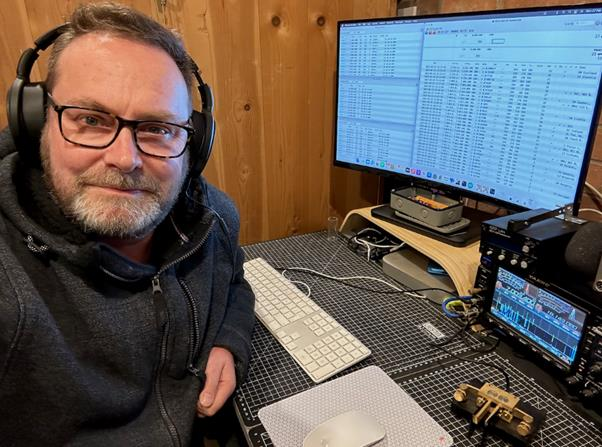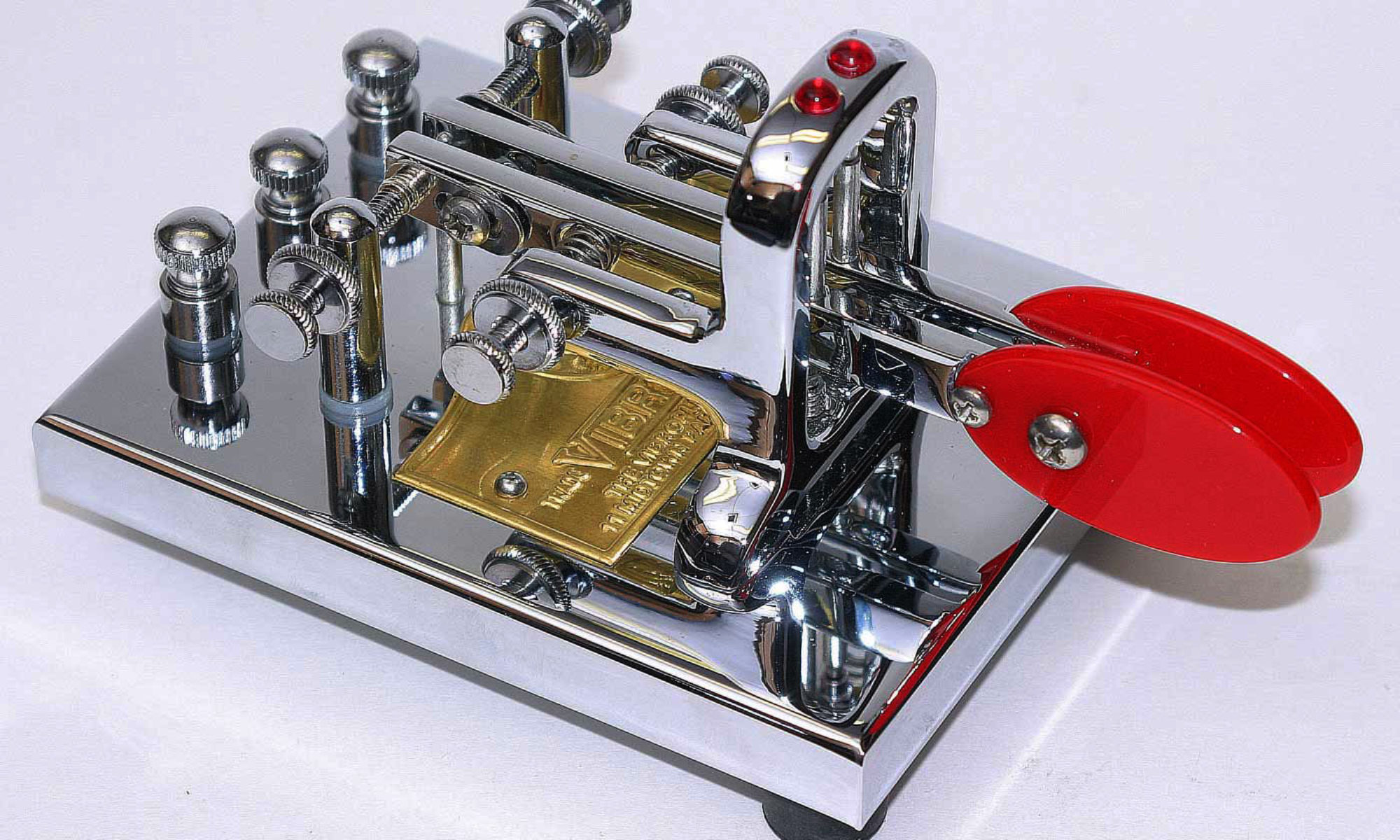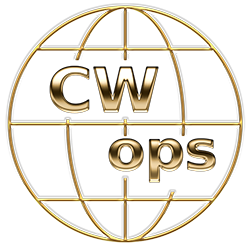
At about ten years old, having almost set fire to the house with my chemistry set, I progressed to sticking screwdrivers into mains sockets. I messed around with crystal sets and old valve (tube) radios trying to find the short waves. For a birthday, probably my eleventh, I was given a kit to build a HAC radio. H.A.C. (Hear All Continents) produced a series of simple valve radios kits from the mid ‘30s until they folded in 1980. I spent hours listening to Eastern Bloc and Chinese broadcasters on this radio as well as Morse code and what was probably RTTY. I was hooked, found out about and joined the RSGB and started thinking about getting a licence.
Unfortunately licence courses were few and far between. I attended the first class of one course that felt like the last class and realised I was completely out of my depth. The library was no help, the only vaguely appropriate book they had was a very old dog-eared copy of an ARRL yearbook. I took out a subscription to Practical Wireless and read every copy avidly, although I didn’t learn much. I remember when they had a project for a 4 m transmitter thinking what use is that? It doesn’t go very far.
Anyway, girls, beer, photography, university, work, family……
Along came Covid19 with its attendant lockdown. I don’t know why but I got the idea that I’d study for the licence. Researching online it became apparent that one needed to be a member of a club and attend their licence courses. Trouble was there wasn’t a club near me and even if there had been it wouldn’t be open…lockdown. As if by magic I discovered that the RSGB were trialling online examinations. I bought the book, I followed YouTube videos and, when the Foundation exam became available, I was one of the first to book it. Next up, the Intermediate exam went online. Then the Full. It took a little longer both to study for and to go online. When it did I managed to scrape through. So all three in about 6 months.
Next challenge? Morse code? Why? (Shrugs shoulders) Just because.
I started learning Morse late in 2020. I used a Windows program that I don’t recall, then after watching the RSGB lecture by Ray Burlingame-Goff, G4FON (available on YouTube) I started using his program and bought a licence for his contest trainer. Sadly he is now SK. The real progress started to come with the LCWO website, Long Island CW and Morse Code Ninja. But I was stuck around 17 – 20 wpm, not fast enough for my bug. I’d applied for a CW Academy course, but I think it got lost somehow. Then in 2022 I applied again for the Intermediate course. Success! Bob Carter, WR7Q took us through eight weeks of head copy and homework after which I immediately signed up for the Advanced class. My advisor this time was Hanz van der Pol, YL3JD. The head copy went from one word to twenty in the first lesson! In no time I was reading callsigns at up to 40 wpm, asking and answering questions at 25 wpm but above all, feeling like I had finally got it.
I’m a Cyber Security Analyst for a financial service company. I’m an abstract artist using printing and paint. I live near mountains but I can’t enjoy them or SOTA because I suffer vertigo on slopes. I have too many radios and I still build stuff. And get electric shocks.
This biography is what appeared in Solid Copy when the member joined CWops.
